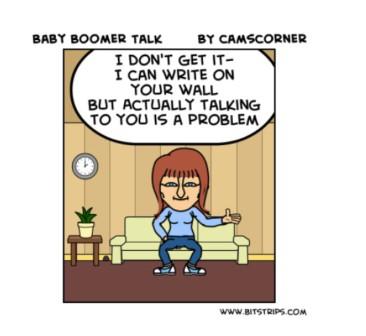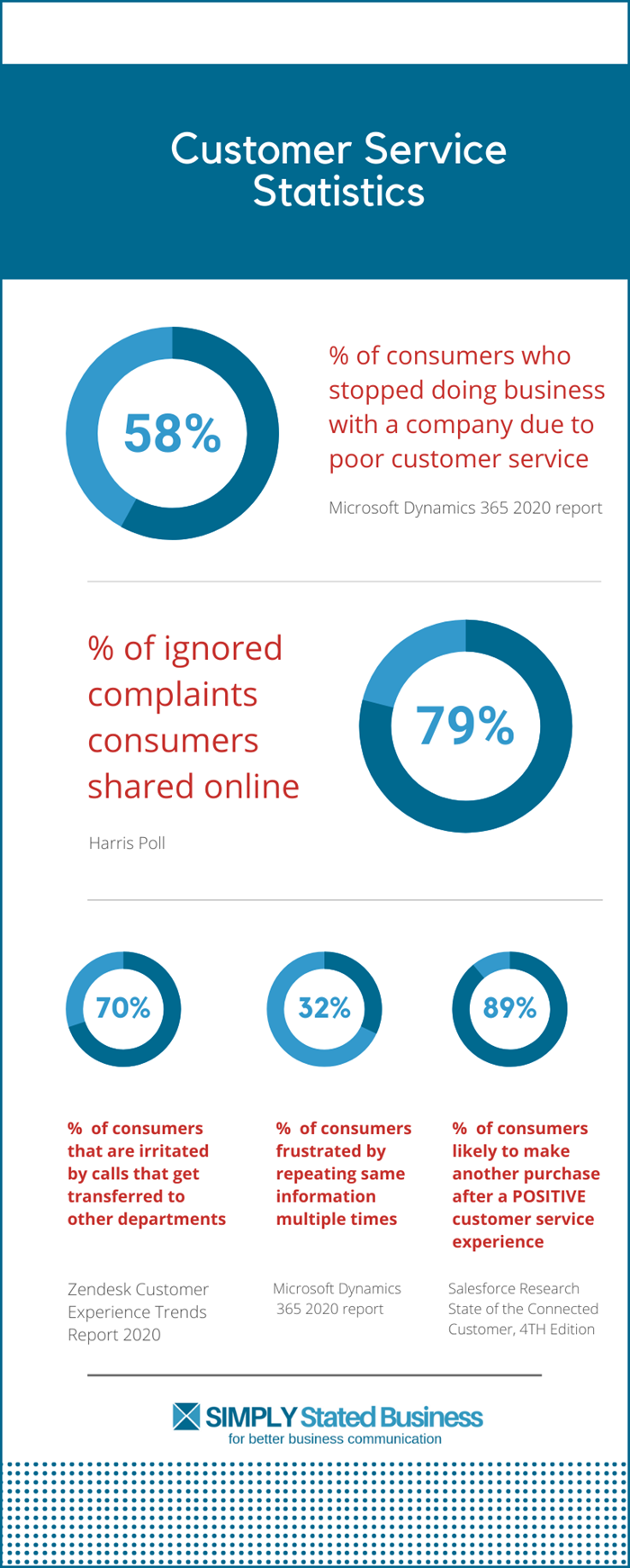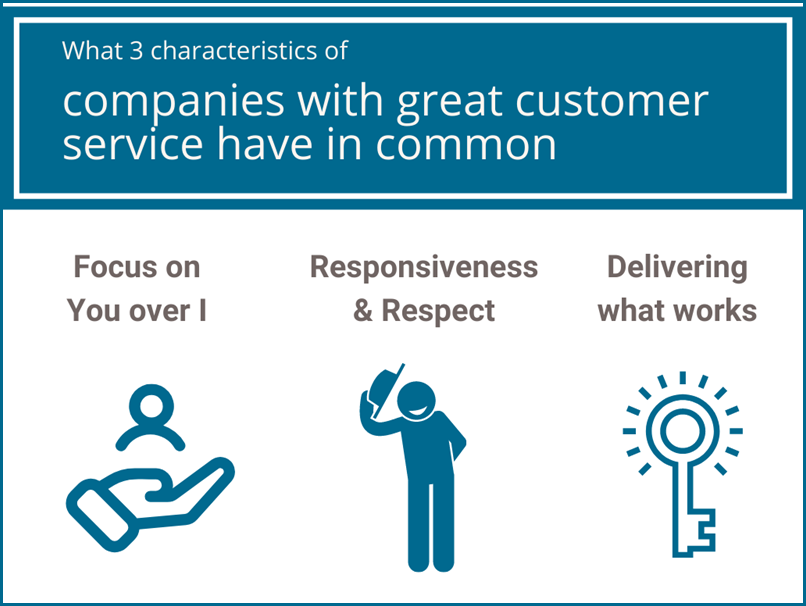 What business owner doesn’t hope for success? Especially after a year like 2020.
What business owner doesn’t hope for success? Especially after a year like 2020.
But did you know that sometimes success loses customers? How? Let me give you a few examples.
Success and Customers
Think about some of the huge businesses – Apple, Microsoft, Google, Amazon (to name a few). Do you automatically expect the mega-size of a company to translate to lousy customer service?
On the flip side, how often have you encountered lousy customer service from a small start-up?
- The kind that leave it up to the Community to figure out your problem.
- How do you know that Community members know what the heck they are talking about?
- You may love the product but wish you could get help from a company representative.
When you experience good customer service, are you surprised? Could be because it’s so hard to find.
Success Loses Customers – Or Not
Before exploring how success loses customers (or not), let’s look at some recent customer service statistics. You may relate to the results shown in the infographic.
Two statistics leaped off the page for me.
- 79% of complaints consumers shared online were ignored by the companies.
- 89% of consumers are more likely to make another purchase after a good customer service experience.
As consumers, we put up with a lot. But I cannot think of anyone who likes to be ignored. And as the statistics showed, nearly 6 out of 10 will stop doing business with a company after a bad experience.
Yet, 9 out of 10 consumers will make another purchase if they simply receive good customer service. What’s there to think about?
No matter the size or success of the company, customer service is a deal breaker.
The Great and Not So Great Customer Service Experience
Great businesses understand the importance of good customer service. I’ve noticed three characteristics shared by those that do.
You over I
A healthy ego is not necessarily a bad thing. Some of the most accomplished individuals have more than their share. But that confidence contributes to their success.
However, a droning monologue peppered with “I, I, I…” quickly becomes hard to swallow.
Great businesses understand humility. That does not mean their owners don’t have healthy egos. It does mean they know how to make their business about you and not them.
The following are examples of Great and Not So Great personal experiences.
Great
I am a fan of author, Barbara Delinsky. I learned that Barbara is a breast cancer survivor and she had written a book called Uplift.
I commented on her website that I was a longtime walker in the Susan G. Komen 3-Day, 60-mile walk for breast cancer research. I said I would wear Barbara’s name as one of those I honor during the Walk.
- About a week later, I went to my mailbox and found a water bottle with the Uplift logo supporting breast cancer research.
- Included was a personalized letter from Barbara thanking me for my support.
Barbara has 23 New York Times best sellers and over 125 books. Even if someone who works for her handled her gift and letter, it was a great example of You over I. The simple gesture made me feel heard and appreciated by a successful author.
Not So Great
An insurance agent’s site promoted his success at securing health insurance coverage for difficult-to-insure people. The site had the following tagline: You don’t get denied until I say you do.
Fighting for the little guy is admirable, but this tagline seems more arrogant than supportive. An insurance carrier may be inclined to deny coverage just because they could. You know how fragile egos can be.
A different approach puts the emphasis back on the customer: Fighting for your health insurance needs.
Responsiveness and Respect
How many times have you had to make follow-up calls to customer service? Or send follow-up emails. It is one of my biggest pet peeves.
- A simple acknowledgment can buy a company time to respond.
- Ignoring customers paves a path that takes their business somewhere else.
No matter how successful the company, it won’t stay that way for long if customer service is not responsive to existing and potential customers.
Great
I recently purchased a new car. I wanted to do as much of the business online as I could. As a caregiver for my mom and our pandemic world, I wanted to limit time away from my home.
The process could not have been simpler.
- I selected the car I wanted online.
- The sales professional guided me through the paperwork.
- He delivered the car to my home (the same day) and drove away in my trade-in.
I was stunned how easy it was. Especially after my first Not So Great encounter.
Not So Great
Before my car purchase, I visited a competitor’s website that promised its “express store” ensured I would never have to leave my home. Okay, sounds good. But I was in the beginning stages of my search.
I advised I was not at the purchasing stage yet, so please refrain from contacting me. You can probably guess what happened next.
- Before I barely hit Send, a salesman texted me, acknowledging my request to not be contacted. But he knew he could help me.
- Within 30 minutes or so (after I did not respond), I received an email from the same salesman, and he left me a voicemail.
He exhibited no respect for my request. Despite that, when I found a car I was interested in, I completed the scads of information they required. It included taking photos of my trade-in from multiple angles and scanning them to their form. The whole process was a pain.
I had some questions and sure enough, the same salesman called me. I reluctantly accepted the call.
- When I asked my question (repeatedly), he ignored it.
- He proceeded to tell me that the car I selected had received a deposit from another customer and was unavailable.
- But he could get me the same make and model in 4-6 weeks if I wanted to come in and put down a deposit on the vehicle.
My response? “You know what. This is not going to work. I will look elsewhere. Goodbye.”
- Crickets chirped after I hung up.
- I received no apology, no “let us make this right for you.”
- Nothing.
Delivering What Works
Customers look for solutions to their needs.
From the emergency of, “My computer just crashed” to “I feel like buying a new book,” needs come in all shapes and sizes. How well a business delivers a solution to the customer’s need separates the great from the not so great.
Great
In 2019, I signed up for Missinglettr’s monthly Blogger Plan. It offers a platform for an automated social media marketing campaign.
Few businesses are as responsive as founder and CEO, Benjamin Dell, and his staff. And there’s only four of them! They shatter the myth that a small business cannot produce reliable customer service.
Since joining, the platform continues to evolve. My schedule sometimes makes it difficult for me to keep up. Ben and his staff always respond (usually within a few hours, if not sooner). They always fix my issue. And quickly.
I hope to write a more in-depth review of their services.
Missinglettr excels at customer service and delivering what works.
Not So Great
You may think of products when you think about what works. But delivering on a commitment to great customer service may be an even bigger accomplishment.
In replying to an email with course information, I received the following email response. It’s been edited, but you’ll get the idea.
Due to an overwhelming amount of incoming daily email, general requests and questions about XYZ, as well as the demands on my time to serve my clients, I am only able to respond personally to emails from my business partners and VIP clients.
So, in order for you to get the attention you deserve, please submit a request at my help desk so my VA team can assist you.
Seriously? What does this response convey?
- If you are NOT a partner or a VIP client, you are not worth this business owner’s time.
- You need to jump through her hoops to receive an answer to your questions.
- And it sure as heck won’t be from her.
How do you Define Success?
If the word “customer” is missing from a business’s definition of success, it learns a hard lesson – how to lose customers.
Three shared characteristics can blast a Not So Great business to a Great one.
- A focus on You over I
- Responsiveness and respect
- Delivering what works.
What Great and Not So Great customer stories can you share? Please let us know in Comments. We love a good customer service horror story.
Note: This July 5, 2021 post updates the original that published on March 26, 2010.
===================
Helping you Keep it simple, clear & uniquely yours
=====================




0 Comments